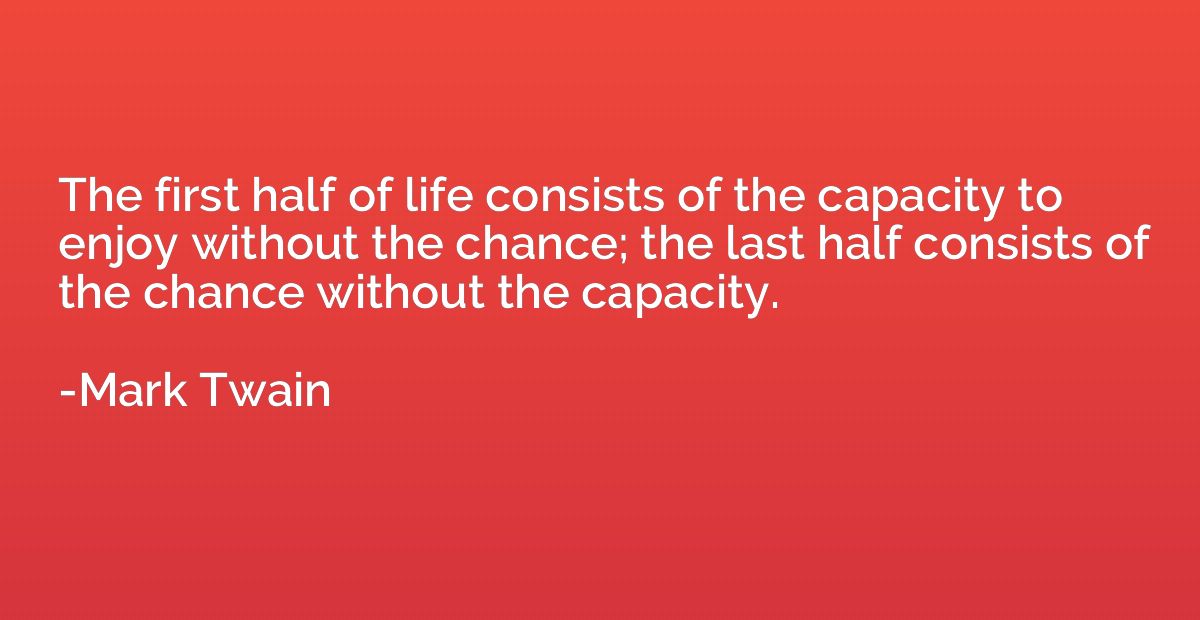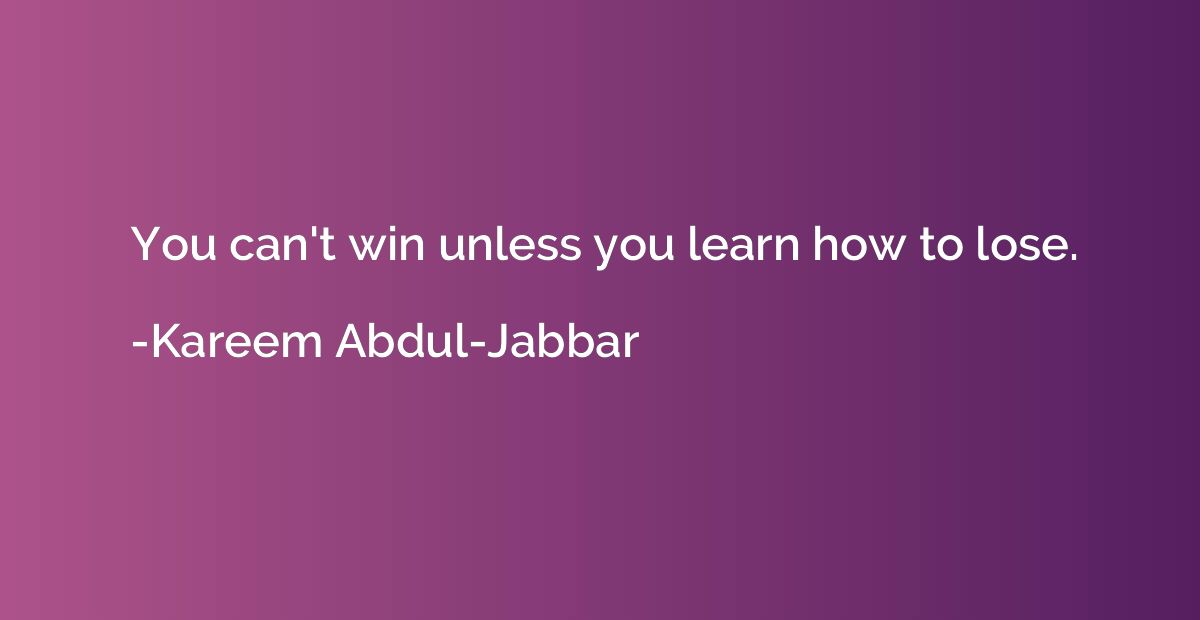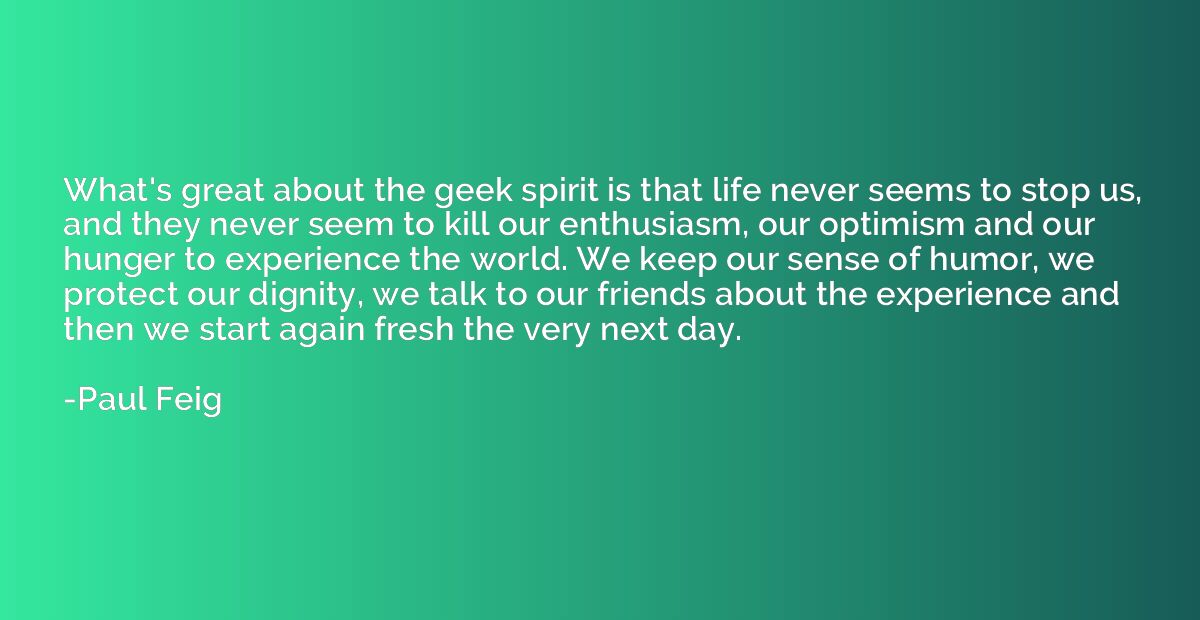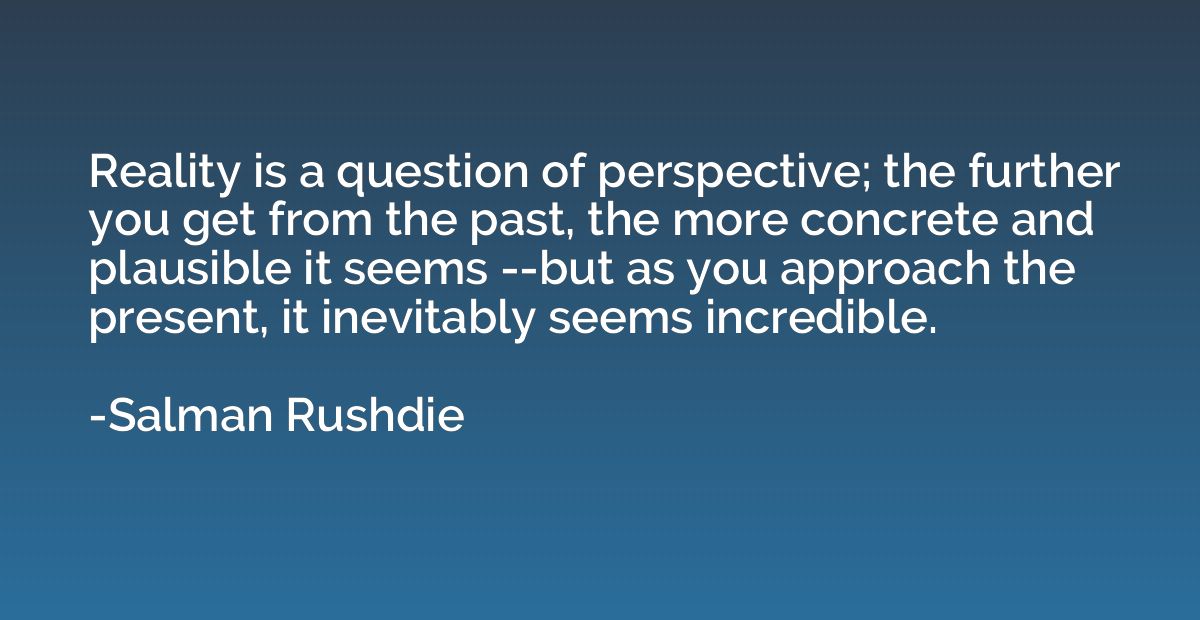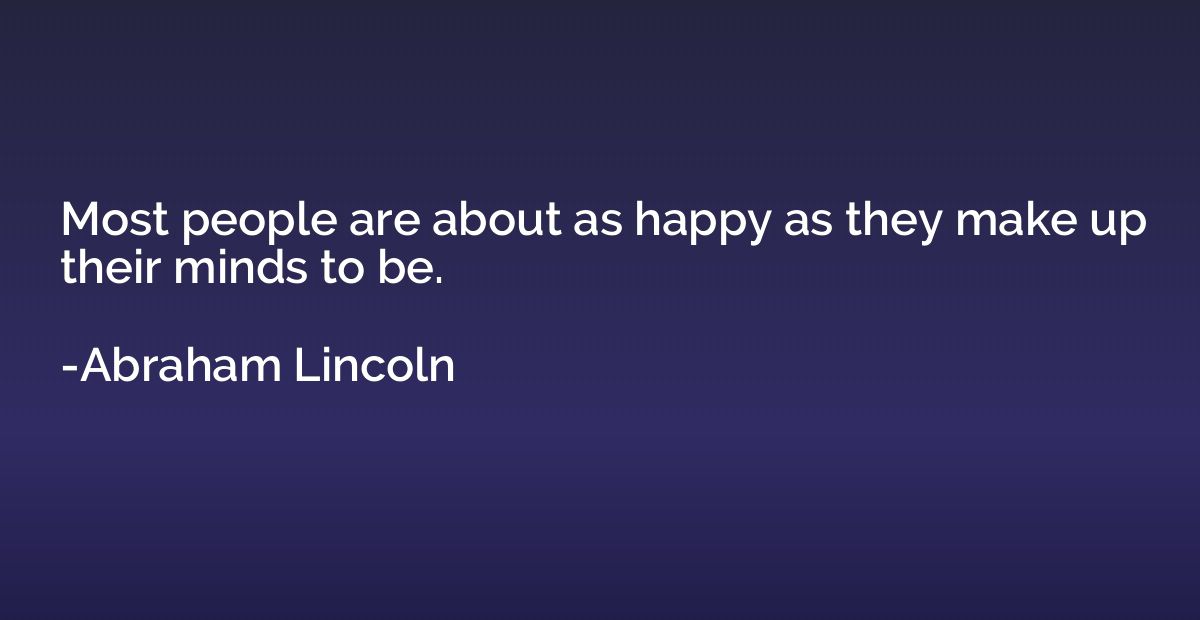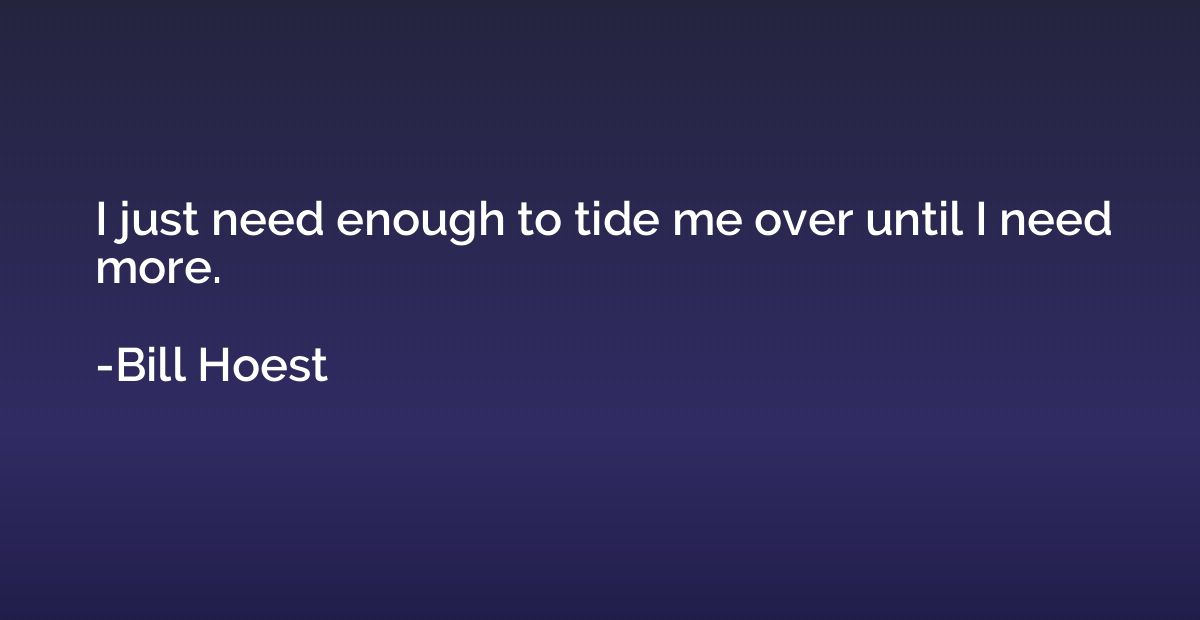Quote by Marcel Proust
The time which we have at our disposal every day is elastic; the passions we feel expand it, those that we inspire contract it, and habit fills up what remains.
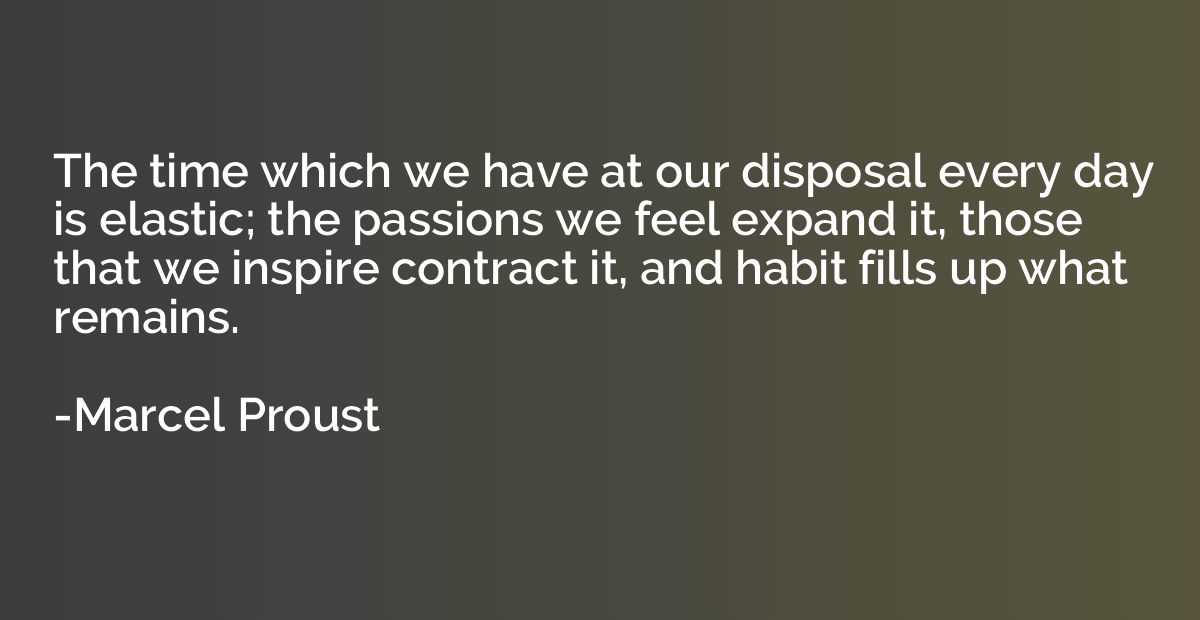
Summary
This quote is highlighting the subjective nature of time and how our emotions and habits influence our perception of it. It suggests that when we are engaged in activities or feelings that we are passionate about, time seems to stretch and feel more abundant. Conversely, when we lack enthusiasm or inspiration, time can feel limited and compressed. The quote also indicates that our daily routines, formed by habit, occupy the remaining time, emphasizing the importance of mindful allocation of our time to ensure a balanced and fulfilling life.



